My child needs help with…
Bullying

What is bullying?
This is the Anti-Bullying Alliance’s definition of bullying is:
The repetitive, intentional hurting of one person or group by another person or group, where the relationship involves an imbalance of power.
Bullying is often aimed at certain people because of their race, religion, gender, sexual orientation or any other aspect such as appearance or disability.
Bullying can take many forms including:
- Physical – for example: pushing, poking, kicking, hitting, biting, pinching
- Verbal – for example: name-calling, sarcasm, spreading rumours, threats, teasing, belittling.
- Emotional – for example isolating others, tormenting, hiding books, threatening gestures, ridicule, humiliation, intimidating, excluding, manipulation and coercion.
- Sexual – for example unwanted physical contact, inappropriate touching, abusive comments, homophobic abuse, exposure to inappropriate films
- Online/cyber – for example: posting on social media, sharing photos, sending nasty text messages, social exclusion
Unfortunately, children can fall out. Children may have been friends for years, or just a few days – but something can happen which means they decide they no longer want to be friends, and it can be hard as a parent/carer to see your child struggling with this.
Making friends, falling out, and perhaps making up again is a normal part of relationships. But, that doesn’t for one moment mean that it’s not difficult or upsetting for everyone involved.
Not all friendship fallouts are bullying – sometimes professionals use the term ‘relational conflict’.
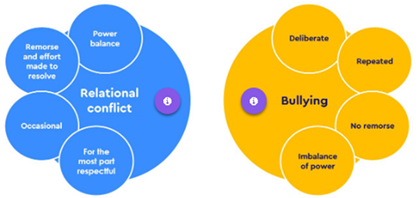
How to respond to bullying…
If you think your child is being bullied
It can be really upsetting to find out that your child has experienced bullying – regardless of where that bullying has taken place – but it’s really important to stay calm and thank them for telling you … it probably took a lot of courage to do so. They are looking to you as their place of comfort and support. They will monitor your reactions when they tell you what is currently happening or has happened. Believe it or not, children do worry about the perceived pressure that they put on us as parents. All of this means to first take a deep breath and monitor your tone of voice when talking to your child. You can reassure your child that you’ll support them to report the behaviour.
Here are some top tips:
- If you feel able to, and the bullying is being perpetrated by someone at school, please inform a teacher or member of the pastoral team (the Anti-Bullying policy will be available to download/view from the school’s website, and this will guide you in this process).
- If your child is asking you not to report the bullying to the school, there are some other steps which you could consider such as:
- There is information and support available, you can find out more or get help here.
- Show your child this page: Bullying (Young People)| NottAlone
- If the bullying has taken place online – you could gather evidence – such as taking screenshots of the messages, usernames etc. If it is happening face-to-face, you could keep a log of dates/times/details.
- If the bullying is taking place on social media or in a game – you could report it directly to the platform. Information about how to do this is available at ReportHarmfulContent.com
- If the bullying is targeting a child’s disability or is malicious and causing alarm or distress – you could report the bullying to the police as it may be considered a hate crime.
- It’s not your child’s fault that they are experiencing bullying, but it may have knocked their confidence. Therefore, you could share videos and websites with your child to help them develop their confidence and self-esteem. Such as this video: Building Confidence After Online Bullying | Childline – YouTube
- Please note: you may deem it appropriate that you need to keep them safe and that may include reporting it to the school (even if they’ve asked you not to).
If you think your child is bullying
The ABA provides really useful information about what to do in these situations.
My child has been accused of bullying others (anti-bullyingalliance.org.uk)
Get Help Now!
Here are a list of services that can help. The icons below tell you the type of support available.

EACH - Educational Action Challenging Homophobia

Victim Support

Young Minds - Parent's Helpline

NSPCC
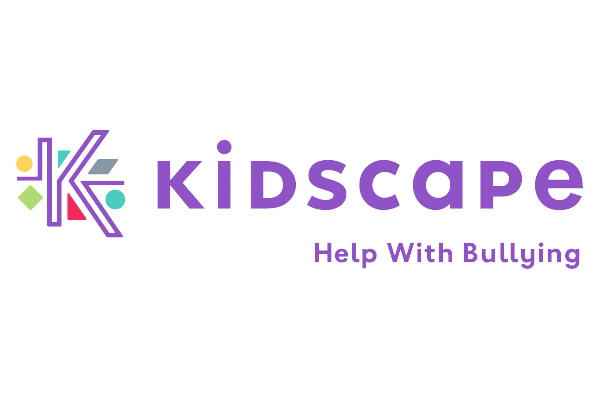
Kidscape

Family Lives

National Bullying Helpline

Talking Therapies

Base 51

Be U Notts
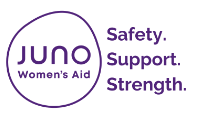
Juno

Nottinghamshire Women's Aid

Equation

Nottinghamshire Independent Domestic Abuse Service

Refuge

Talkzone

Kooth
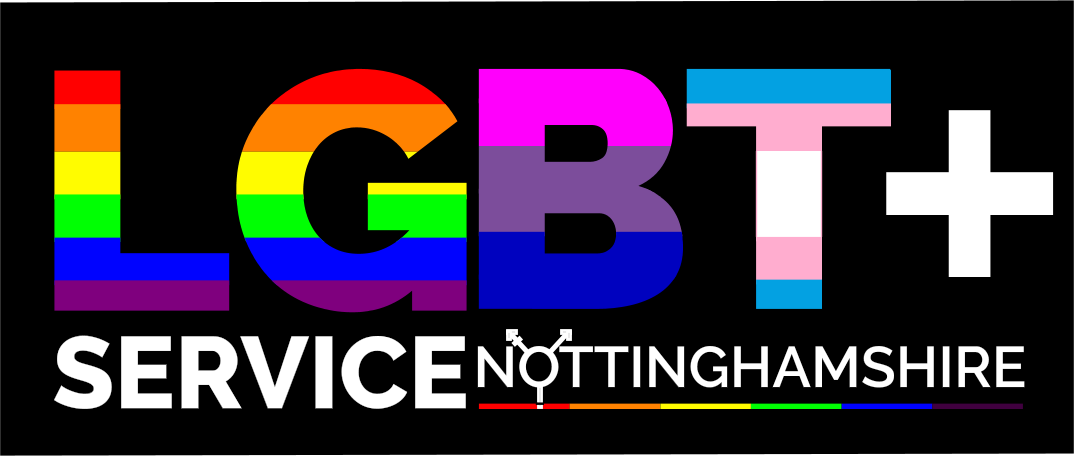
LGBT+ Service Nottinghamshire
Which services can I access?
Some of the services available operate only within city or the wider county area. Pop your postcode in below to quickly check which services are available to you
Related topics
-
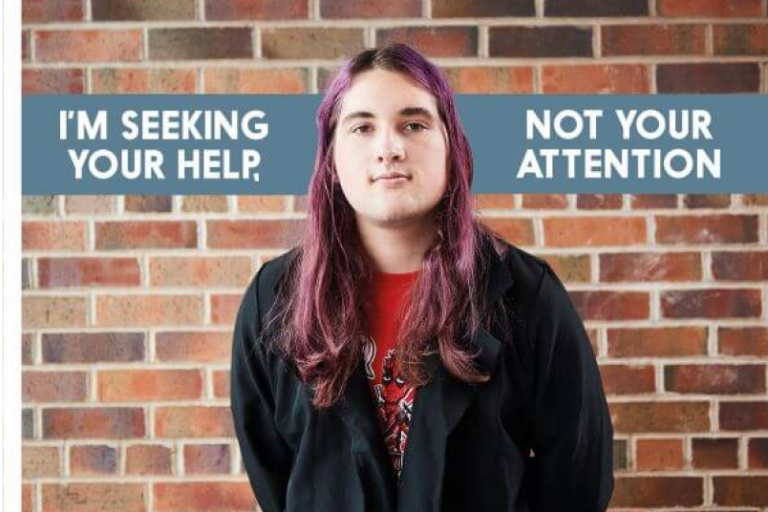
Self Harm
Self-harm, or self-injury, describes a wide range of things people deliberately do to themselves that appear to cause some kind of physical hurt. It can be very hard for parents and carers to know about – or witness – self-harming behaviour in their children.
-
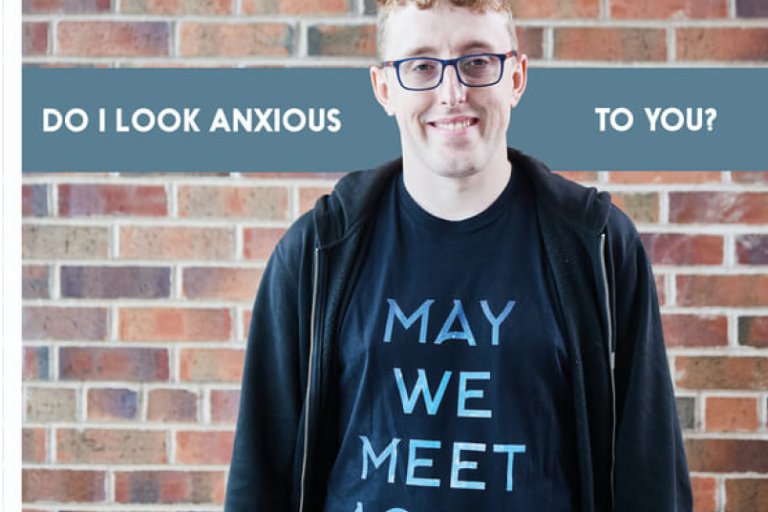
Exam Stress
Stress is common during exam time when you can feel lots of pressure to do well and get good marks.
-
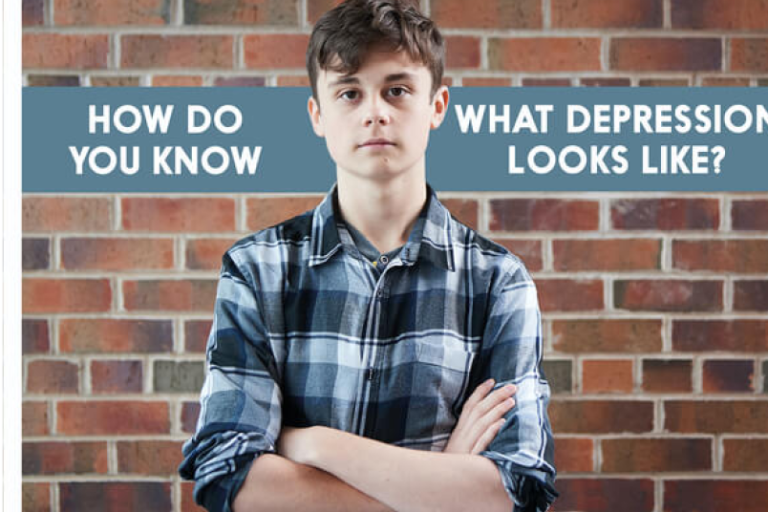
Depression or Low Mood
Everyone has ups and downs. Sometimes you might feel a bit low, for lots of different reasons. People may say that they are feeling depressed when they are feeling down, but this does not always mean that they have depression.
-
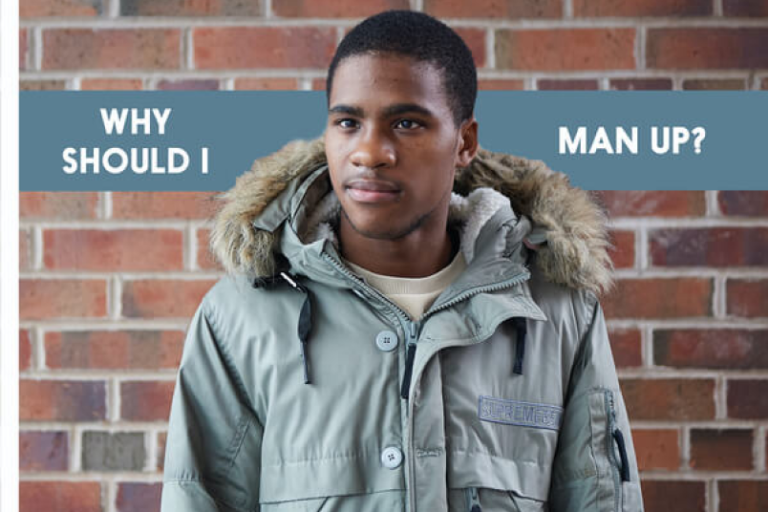
Identity
Your identity is the unique things about you that make you, you. It’s good to be different because if we were all the same, the world would be boring! It’s easy to think that everyone else knows exactly who they are and feels like they fit in but even the most talented and successful people sometimes feel different and unsure.